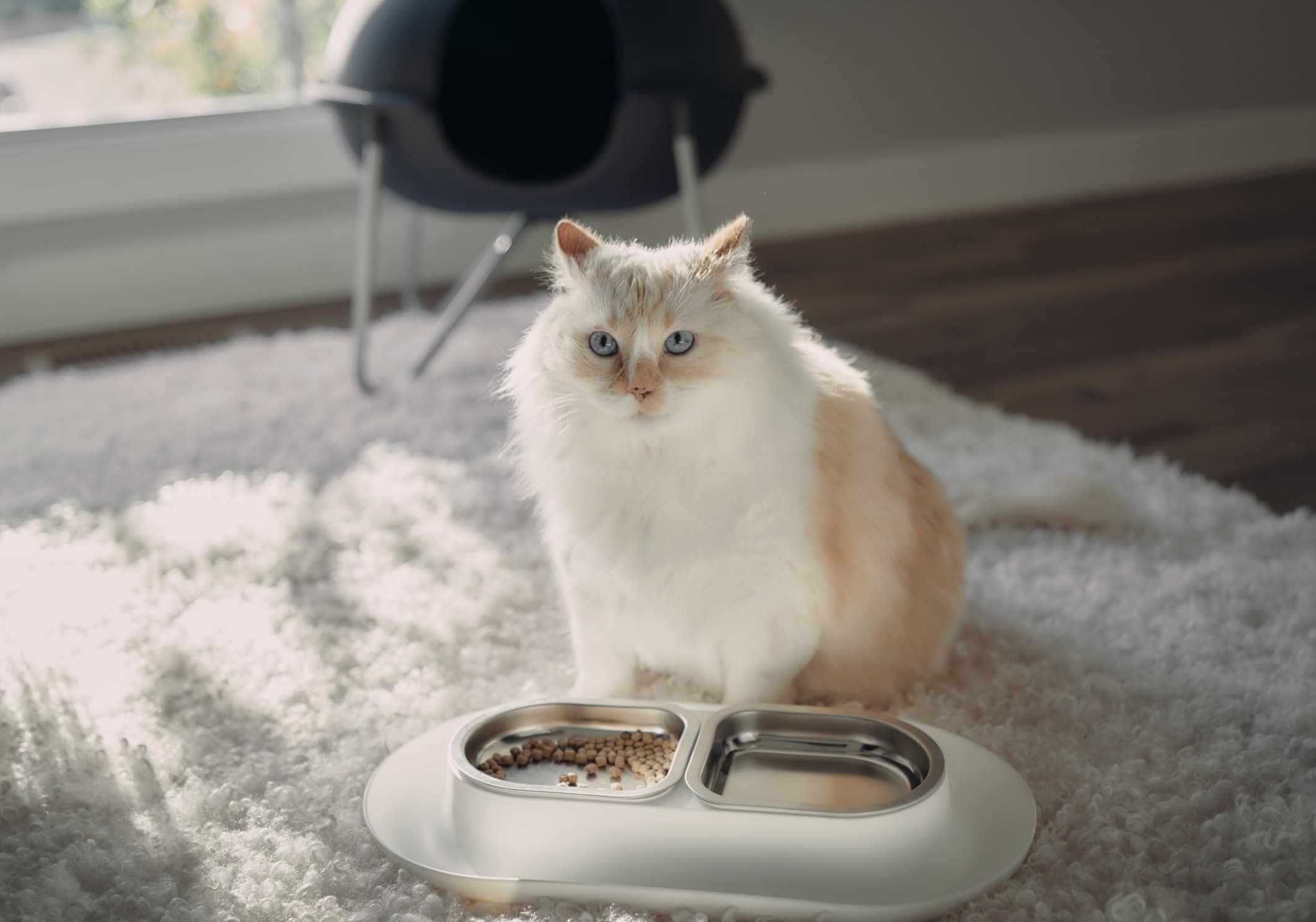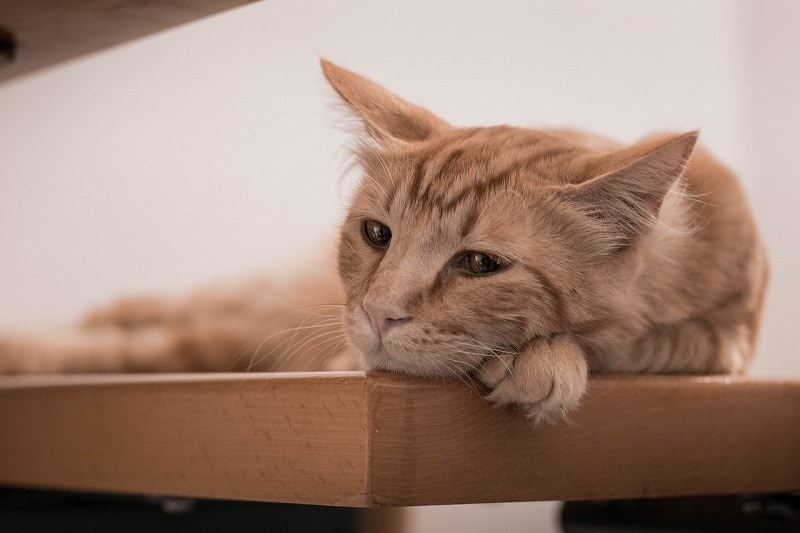Why Does My Cat Not Meow? 7 Typical Reasons
Updated on
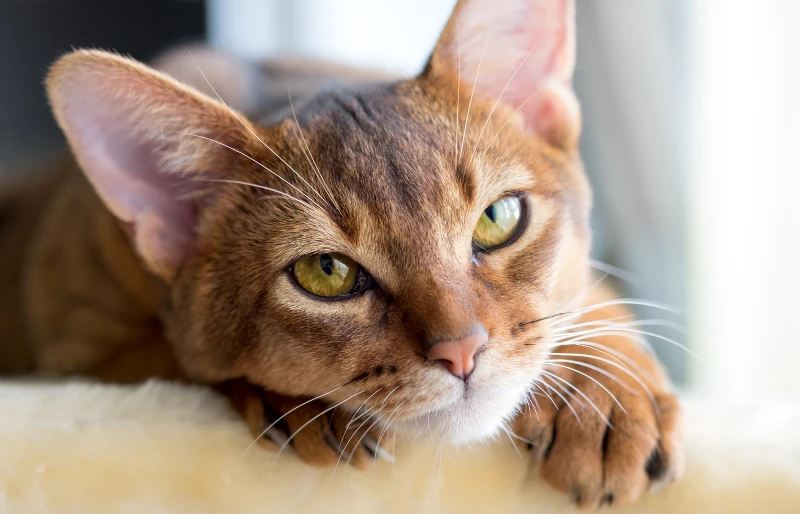
Everyone is familiar with that adorable cat meow. However, cats often meow less than most people think. It’s not odd for some cats to go several days without meowing. In most cases, this isn’t a sign that anything is wrong. It’s just how that cat is!
Of course, if your cat isn’t meowing all that much, it may be concerning. If your cat has suddenly stopped meowing, it’s more likely to point to an underlying issue than a cat that has never meowed all that much.
Below, we’ll take a look at the reasons a cat may not meow.
The 7 Typical Reasons That A Cat Doesn’t Meow
1. Personality
Cats have a diverse range of temperaments and personalities, just like people. Sometimes, your cat may just not be very vocal. Just like some humans are talkative, your cat may just not fall in the vocal category. If your cat has always been quieter, this isn’t anything to be concerned with. It’s normal for cats to have some variances when it comes to vocalization.
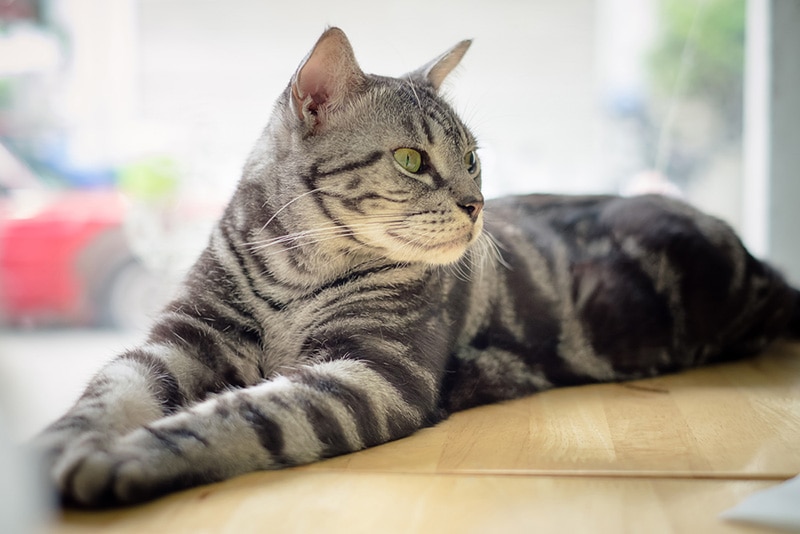
2. Health Issues
On the other hand, a sudden decrease in meowing may be due to an underlying health issue. If your cat is in pain, they may quit being as vocal and attention-seeking. Often, sick cats will spend a lot of their time hiding. Dental problems, throat issues, and any sort of discomfort can all result in less meowing.
Of course, you should take your cat to the vet if you notice a sudden decrease in meowing for this reason. They can determine if your cat has stopped meowing for a different reason or if there is an underlying health problem.
3. Stress or Anxiety
Cats may go silent whenever they are in a new environment because of stress. If your cat is anxious, it is normal for them not to want to draw attention to themselves. They may also spend time hiding, which is a normal response when your feline gets anxious.
With all that said, you often cannot remove the source of anxiety directly. Sometimes, stressful things just have to happen. However, if your cat is chronically anxious, it may be time to talk with your vet about ways to reduce their anxiety.
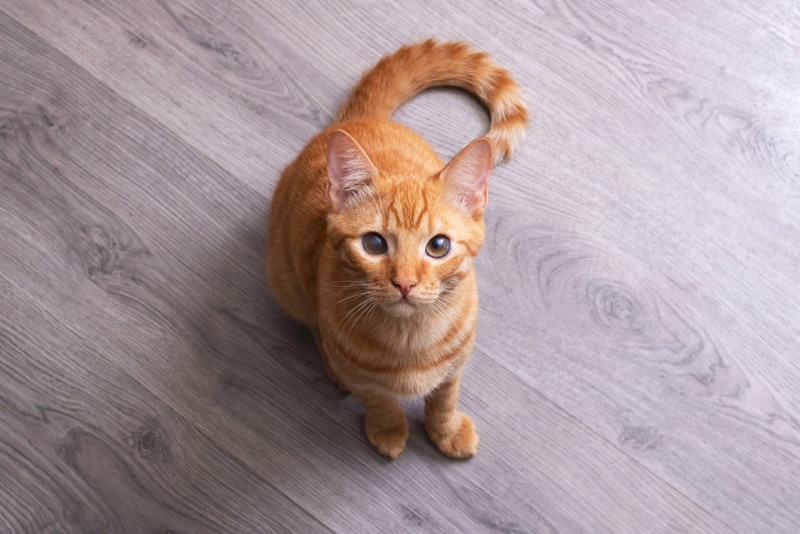
4. Age
As cats age, they may become naturally less anxious. This can be due to them slowing down and becoming less exuberant than they were previously. Senior cats typically do not meow as much as they did previously.
In most cases, this is a slow decline and isn’t anything to worry about.
5. Breed
Some breeds are very vocal, like the Siamese. These cats are known for meowing almost constantly. However, there are other breeds that are known for the opposite, not meowing much at all. The British Shorthair and Russian Blue are both breeds that just tend to be more reserved and less vocal than others.
If you have one of these cats, you can expect them to be more on the quiet side.
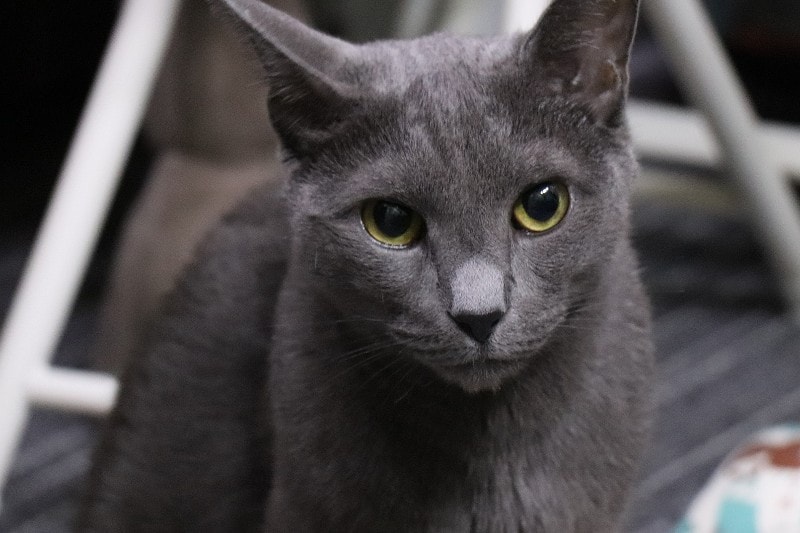
6. Recent Trauma
Cats that were recently through a traumatic experience (which may be something like going to the vet) may not meow very much for a month or even more after the incident. Cats are pretty sensitive to stress and anxiety, so anything that messes with the status quo can lead to a temperament change, even months after the fact.
In these cases, you can talk to your vet about potential stress mitigation. However, you typically just need to let the cat work through their fears and anxiety. Provide a calm environment where they can recover.
7. Spaying/Neutering
Cats may become less vocal after being spayed or neutered. Without the added hormones, many cats will become more laidback and less exuberant. This behavior change often includes meowing, especially in male cats. If your feline recently got spayed or neutered, you can expect them to meow a bit less than they did before.
In many cases, this behavioral change is completely normal and doesn’t require any change or input from you.
Final Thoughts
Sudden behavioral changes in cats should always be met with a trip to your vet. Cats are very good at hiding their illnesses, so the only sign that they are sick may be a slight change in behavior. However, it is also completely normal for some cats to simply not meow all that much. Some felines just aren’t as vocal as others.
In most cases, there is nothing you need to do to increase your cat’s meowing. It’s usually more of a personality difference, not something that is wrong with your cat.
Featured Image Credit: Ihar Palitanski, Shutterstock

